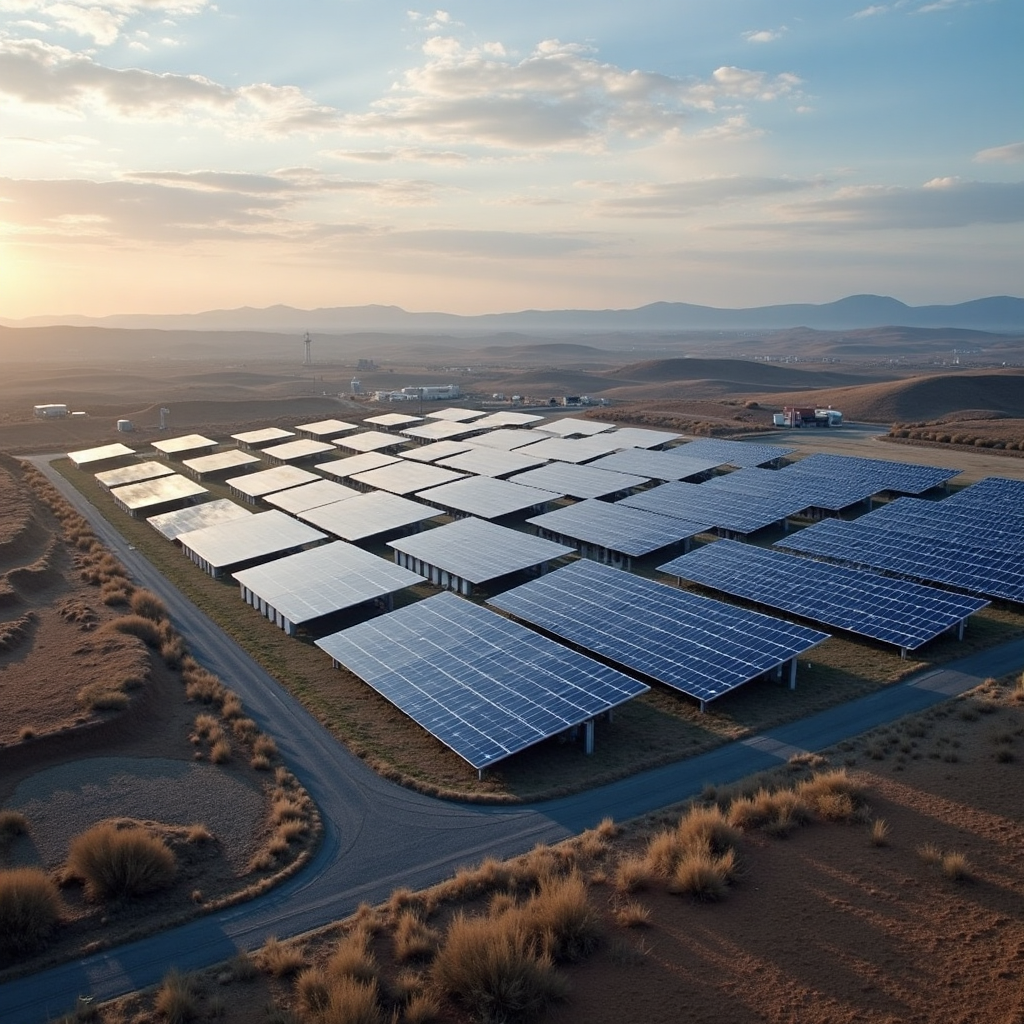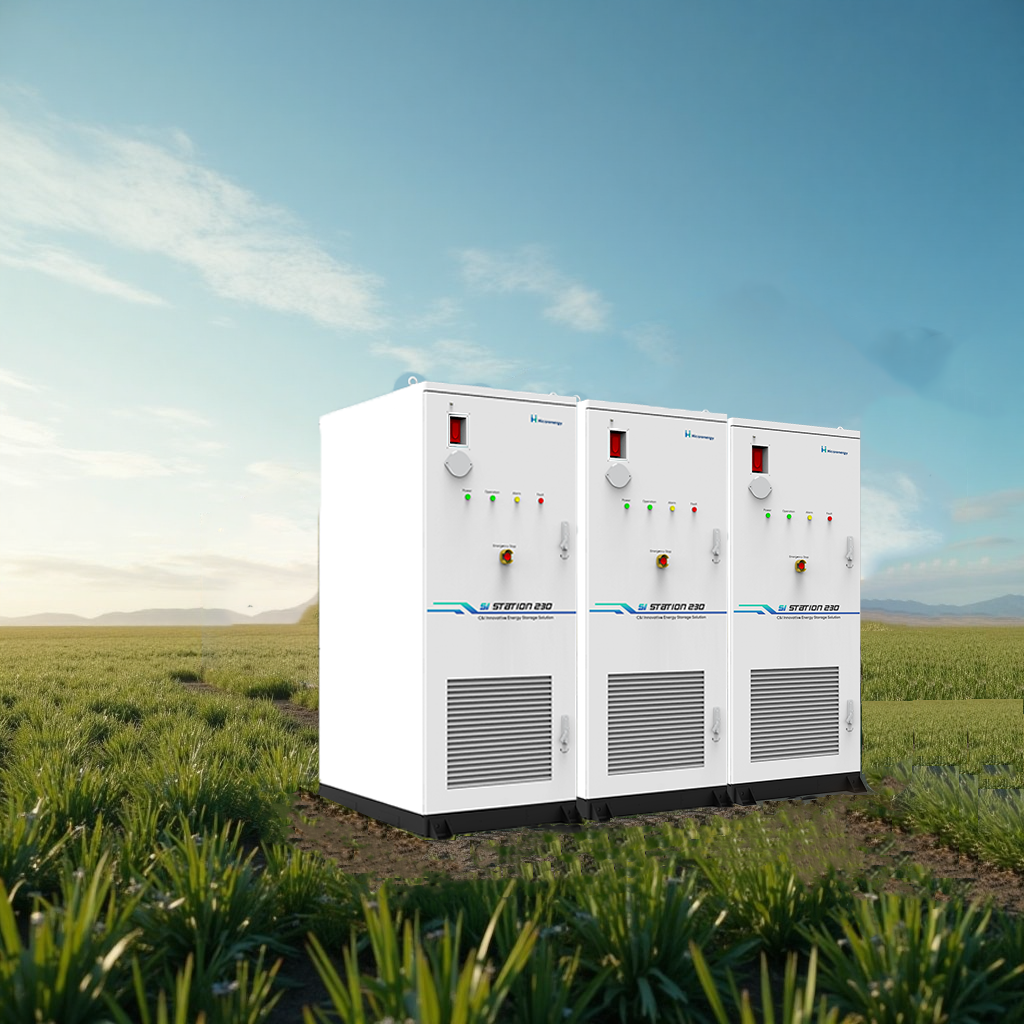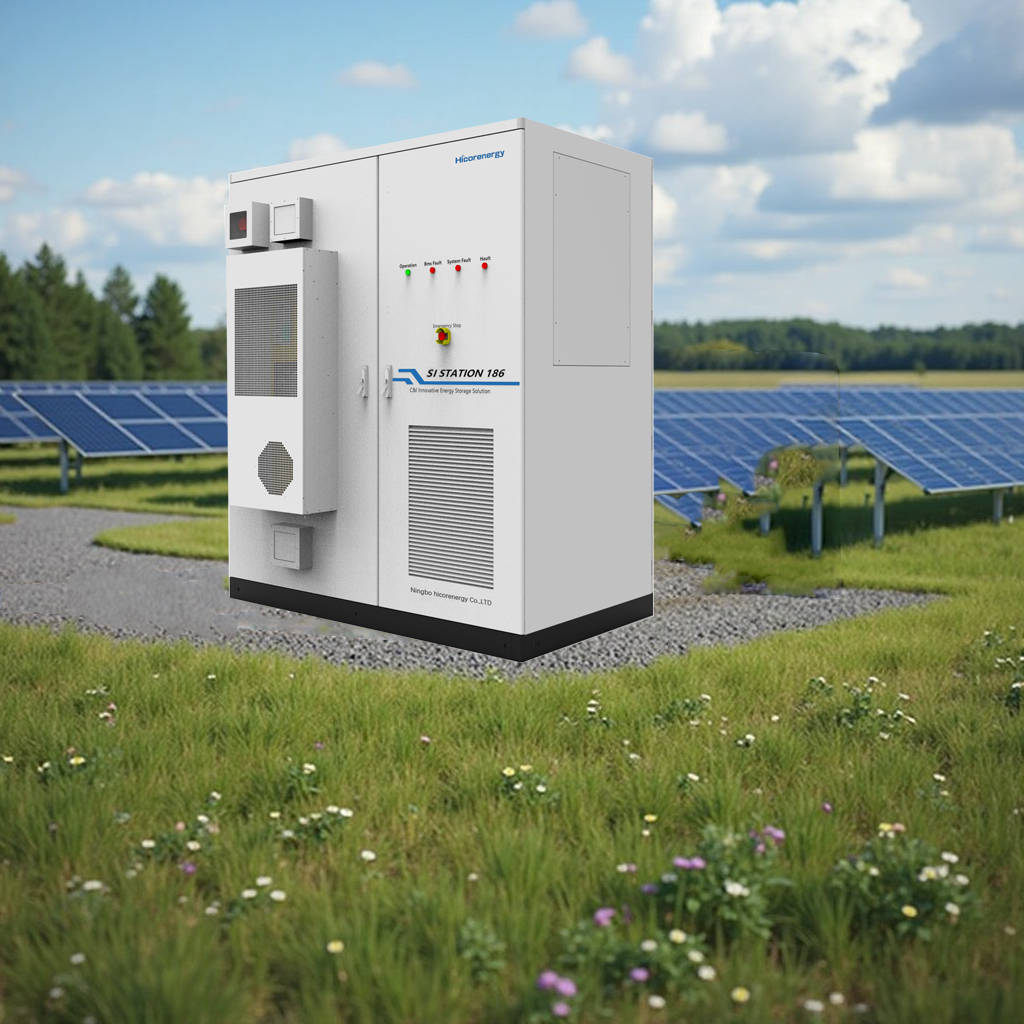Importance and Relevance in the Current Energy Landscape
Lithium battery farms are transforming energy systems worldwide by providing clean, scalable, and efficient storage solutions, reducing reliance on fossil fuels, and enabling reliable power access in both developed and emerging markets.
Table of Contents
What Are Lithium Battery Farms?
Lithium battery farms are centralized or distributed systems that use high-capacity lithium-ion batteries to store and manage electricity on a large scale. Acting as modern energy reservoirs, these systems are designed to optimize electricity usage by capturing excess energy—often generated from renewable sources like solar or wind—and discharging it when demand rises or the power grid fails. They are a key part of the future energy infrastructure.
The core components of lithium battery farms include lithium iron phosphate (LiFePO4) cells, battery management systems (BMS), energy inverters, and thermal control units. Unlike conventional generators or diesel backups, lithium battery farms operate silently, require minimal maintenance, and produce no harmful emissions. They offer an intelligent solution for balancing supply and demand in both residential and industrial applications.
Thanks to their modular and scalable nature, lithium battery farms can support a wide range of energy capacities—from small-scale residential storage systems to large commercial installations serving manufacturing facilities or entire communities. In doing so, they are reshaping how energy is stored, distributed, and utilized across the globe.

What Are the Technologies for Lithium Battery Storage on Farms?
Lithium battery farms incorporate advanced technologies such as smart BMS, real-time monitoring, thermal control systems, and scalable architecture. These features ensure high efficiency, safety, and reliability, encouraging deeper adoption across various sectors.
The Benefits of Lithium Battery Farms
Lithium battery farms offer a multitude of transformative benefits, making them an ideal energy storage solution for both grid-connected and off-grid environments.
1. Grid Independence and Reliability
In regions plagued by power outages, such as parts of Africa, Southeast Asia, and the Middle East, lithium battery farms ensure reliable energy access. By storing electricity from the grid or solar during off-peak hours and discharging it during peak periods or outages, users achieve greater energy independence. Hicorenergy’s I-BOX 48100R and Si LV1 systems are designed with this functionality in mind—compact, stackable, and ready for rapid deployment, enabling uninterrupted energy access 24/7.
2. Environmental Sustainability
Unlike traditional energy sources, lithium battery farms emit no greenhouse gases or noise pollution. They are key enablers of decarbonization, especially when paired with renewable energy systems. Their adoption helps countries and organizations meet environmental targets while reducing carbon footprints. Hicorenergy’s products, such as the SHV48100, use LiFePO4 cells that are safer, longer-lasting, and environmentally friendly, supporting a cleaner and greener planet.
3. Cost-Effectiveness and Long-Term ROI
Though lithium battery farms involve a substantial upfront investment, their long lifecycle, minimal maintenance, and high energy efficiency ensure superior long-term returns. Systems like the Hicorenergy C5° provide over 6000 charge/discharge cycles and 95% round-trip efficiency, meaning more stored energy is effectively used. Additionally, features like time-of-use optimization help users avoid peak electricity rates, saving money consistently over time.
4. Scalability and Modularity
From a single-family home to a large industrial plant, lithium battery farms can be sized to fit. Hicorenergy’s modular design philosophy allows seamless expansion. For instance, the Si Station 186 and Si Station 230 systems support configurations up to hundreds of kWh, making them ideal for C&I applications, renewable power stations, or microgrids. This flexibility empowers users to scale as their energy needs grow.
5. Safety and Intelligent Control
Safety is a major priority in energy storage. Hicorenergy products integrate dual active MCU protection, intelligent temperature regulation, and field-proven BMS systems. Software and hardware redundancies detect anomalies in real time, preventing overheating, overcharging, or short-circuiting. These safety protocols not only protect the equipment but also give peace of mind to operators and homeowners alike.
6. Support for Renewable Integration and Grid Services
As renewables like solar and wind gain prominence, lithium battery farms offer a critical function: smoothing out energy supply fluctuations. They store surplus solar energy during the day and release it at night, stabilizing grid frequency and reducing reliance on fossil fuel peakers. In some cases, farms can participate in grid-support programs such as demand response or ancillary services, turning stored energy into revenue.
Comparison with Traditional Energy Storage Solutions
Lithium battery farms significantly outperform older and conventional energy storage technologies across several dimensions—efficiency, scalability, environmental impact, and cost.
1. Lead-Acid vs. Lithium-Ion Batteries
Lead-acid batteries, while affordable, are plagued by low efficiency, short life cycles (typically <1000 cycles), and frequent maintenance. In contrast, lithium battery farms like those powered by Hicorenergy’s LiFePO4 cells deliver 6000+ cycles with higher energy densities and far less degradation over time. Additionally, they require no regular fluid refills or manual upkeep, making them ideal for unattended installations.
2. Diesel Generators
Diesel generators, although reliable in emergencies, come with high operational costs, noise, and significant emissions. Lithium battery farms present a clean, quiet, and automatic solution for power backup. For example, Hicorenergy’s plug-and-play Si LV1 system can be installed in just 15 minutes and requires no fuel, filters, or engine servicing.
3. Pumped Hydro and Other Mechanical Systems
Pumped hydro storage is only viable in specific terrains and requires substantial civil infrastructure, making it impractical for most users. Similarly, flywheel and compressed-air systems remain niche due to complexity and cost. Lithium battery farms, however, are compact, easy to install, and suitable for diverse environments—from high-density urban areas to remote rural farms.
4. Cost and Operational Simplicity
Unlike traditional systems, which often involve complex integration and high maintenance, lithium battery farms are designed for plug-and-play functionality. With remote monitoring and cloud-based diagnostics offered by Hicorenergy, managing and maintaining these systems becomes virtually effortless.
Applications of Lithium Battery Farms
The versatility of lithium battery farms allows for deployment in numerous applications, across industries and geographies. Hicorenergy offers tailored solutions to fit every need.
1. Residential Use
In homes, lithium battery farms like the I-BOX 48100R and C5° provide seamless backup power during outages and help reduce grid consumption. They can store energy from solar panels or low-cost nighttime electricity, making them ideal for urban households and remote rural dwellings alike. Their compact design fits into server racks, on walls, or floors, maximizing installation flexibility.
2. Industrial and Commercial Buildings
Factories, warehouses, and offices require reliable, high-output power storage. Hicorenergy’s SHV48100 and Si Station series address these needs with scalable modules capable of delivering over 200kWh, enabling functions such as peak shaving, time-of-use billing, and emergency backup. These systems also support fast charging, allowing full energy replenishment within two hours.
3. Public Infrastructure and Microgrids
Lithium battery farms support microgrids for communities without reliable access to national grids. These systems store and dispatch energy from renewable sources, supporting rural electrification efforts. Hicorenergy products meet global compliance standards, ensuring safety and performance even in mission-critical applications like hospitals or communication towers.
4. EV Charging Stations and Transport Hubs
As electric vehicles (EVs) rise in popularity, charging infrastructure must be supported by robust storage. Lithium battery farms help manage energy loads and provide backup power at EV stations. Hicorenergy’s liquid and air-cooled battery cabinets can be integrated into charging facilities to ensure uninterrupted operation and optimal cost management.

Future Trends and Developments of Lithium Battery Farms
The energy storage sector is rapidly evolving, and lithium battery farms are at the forefront of innovation.
1. Better Battery Chemistry and Longer Lifespans
New materials like solid-state batteries and silicon anodes promise to push energy density even higher while improving safety and reducing costs. These improvements will make lithium battery farms even more compact, powerful, and durable.
2. Smarter Systems with AI and IoT
The future is digital. Hicorenergy already integrates remote diagnostics and monitoring apps, but future systems will incorporate AI algorithms that predict user behavior, weather conditions, and market prices to optimize charge/discharge cycles and maximize efficiency.
3. More Integration with Grid Services
Lithium battery farms will become more connected to the grid, participating in frequency regulation, capacity reserves, and demand-response programs. This means users may earn revenue by selling excess stored energy to utilities, turning battery farms into income-generating assets.
4. Greater Customization and Turnkey Deployment
Modular and portable systems will allow energy storage setups to be customized and deployed faster than ever. With pre-engineered kits and plug-and-play designs, lithium battery farms will become accessible to even the smallest energy consumers.
Selecting the Best Energy Storage Supplier for Your Farm
Making the right choice in a supplier can significantly impact the success and ROI of your lithium battery farm project.
Proven Product Performance: Hicorenergy uses Tier 1 prismatic LiFePO4 cells with superior safety, long life, and high energy output.
Comprehensive Support Network: With offices and services in China, Europe, the U.S., and Africa, Hicorenergy offers timely delivery and on-site support.
Custom Solutions: From 5kWh residential batteries to 230kWh industrial cabinets, Hicorenergy offers modular, scalable solutions for any size project.
Global Certifications: Products comply with UL, CE, and global grid standards, ensuring smooth integration and fast regulatory approvals.
Smart Monitoring: Web and app interfaces allow for real-time control, firmware upgrades, and error diagnostics remotely.
Summary and Contact Guide
Hicorenergy’s lithium battery farms deliver cutting-edge energy storage for homes, businesses, and public infrastructure. Their safety, efficiency, and scalability redefine how power is stored and used. Contact us today:
Email: service@hicorenergy.com

-scaled.png)
